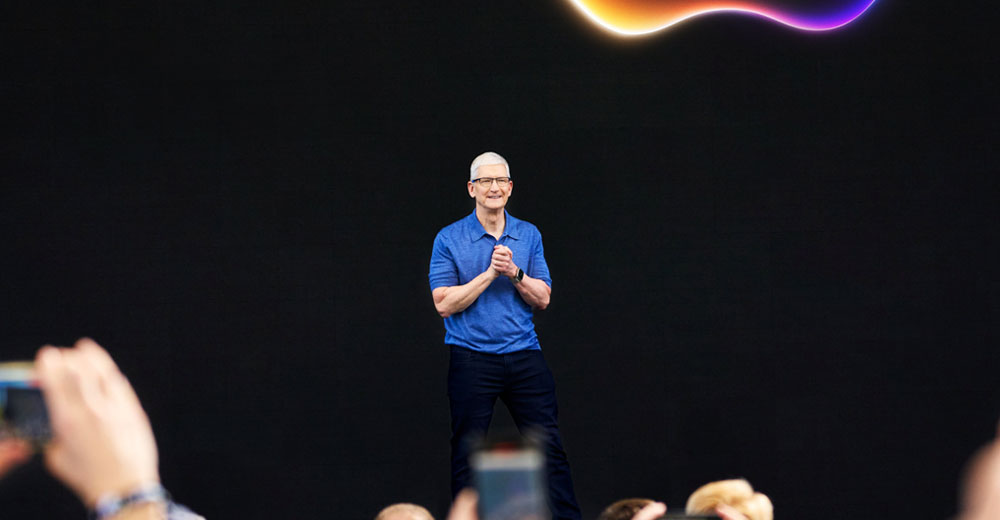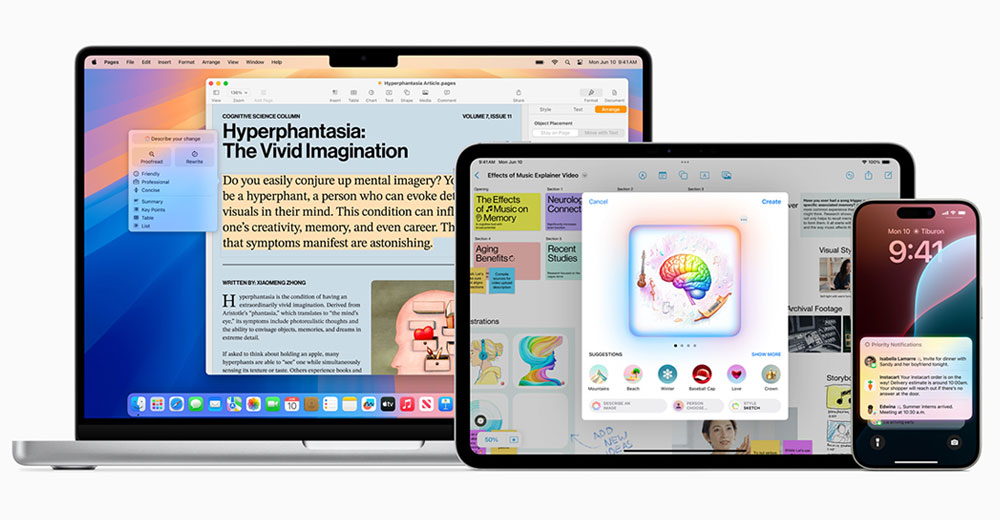Earlier this week, Ford Motor Co. and Microsoft announced a joint venture that will enable Ford to build cars to meet online orders. This cooperation between the two giants exemplifies how e-commerce is bringing the high-technology and manufacturing industries together, but I think it is also a precursor of a soon-to-come revolution that will drastically change the way new cars are sold.
If I were a car salesman, I’d be updating my resume about now.
Before the Internet and e-commerce, automakers used technology as a competitive engineering tool to more efficiently produce cars or trucks. Now these same companies are searching for ways to utilize the Internet to give their distribution and inventory systems a boost.
Consumers Inserted Into Ordering Process
By taking a minority stake in the newly-formed joint venture with Microsoft’s CarPoint Web site, Ford will use its technology to create a “build-to-order” system that will match a customer’s order to available cars within its inventory chain.
Industry observers speculate that sometime in the future, consumers will actually be able to click on the CarPoint site and choose interiors, paint and other accessories.
Ford will also benefit by having access to the shopping patterns of online consumers. This information will show the automaker what kinds of cars appeal to different consumer demographics.
No Threat to Dealers?
Ford officials have repeatedly stated that this new foray into e-commerce is meant to help its dealer base – not to compete with them. Even though CarPoint already has the capability of selling cars directly to consumers, all Ford sales will be finalized through a franchised dealer.
Still, it is no secret that dealers fear such programs and view them as a step toward elimination. Some believe that it is only a matter of time before consumers will be able to go online and buy a car from start to finish.
If complete online car purchasing becomes a reality in the near future, there is no doubt that it would be a bitter pill for car dealers and car salesman to swallow. However, it would be no different from the blow that online brokerages have dealt stockbrokers in the real world. Plus, it would eliminate one of the most painful experiences in the world for me: Buying a car from a fast-talking salesman.
It Makes Sense
Buying a car in a brick-and-mortar dealer is not only time-consuming, but is often a belittling experience. I think that Ford would be doing itself a favor if it took the next logical step and allowed those who wanted to bypass this experience to pay an up-front, flat fee for buying one of its cars online.
With this system, for once in my car-buying life, I could actually see how much profit the carmaker was earning. No longer would I have to be insulted by a cigar-smoking hustler who swears that he is “selling the car below cost.”
Less Cost, Better Service
Imagine what would happen if the money saved through lower overhead were invested into better customer service and more efficient auto repair facilities. Perhaps we would also be spared the plethora of loud, obnoxious and plain silly television and radio car ads.
Of course, there would still be car salesmen. The fact of the matter is that some people — don’t ask me why — still need someone to hold their hand when they purchase an automobile. However, with less car salesmen slots available because of this rightsizing — maybe only the best of them would survive.
That’s why I think Ford’s joint venture with Microsoft is a good start, but it just doesn’t go nearly far enough.
What do you think? Let’s talk about it.








































I have just read the article about Ford and Microsoft’s joint venture. Amazingly, I told my wife the same things about salesmen that are written in the article. I have worked as a car salesman for the past year, and I feel that the days of the car salesman are numbered. The main reason for the numbered days is low commissions. Most buyers are internet educated. They shop around for the best price which is usually at or below invoice. The invoice prices, x-plan prices, fleet prices and rebates reduce the profit margin in a sale. The reduced profit margin yields a low commission. The minimum commission ranges from $75.00 to $150.00. A salesman must sell twenty cars a month to make $1500 to $3000 per month. Bonuses are added to the commissions when qualifications are met. It is difficult to meet all the qualifications each month. This means that a salesman that sells less than 20 cars per month is looking for a new job on his day off. Most salesmen work 53 hours a week and up. Some work six days.
Do you honestly think you would buy a car without test driving it first? What would you do if there were no dealerships and no salesmen to hand you the keys and explain the features and benefits one on one? Do you honestly think that Ford will not price fix their product? Without dealers, there is no way to shop price and keep the price down and honest. That means you will pay one price only…. and quite obviously it will be as high as they want to make it, you’ll never know what they really pay for their cars!